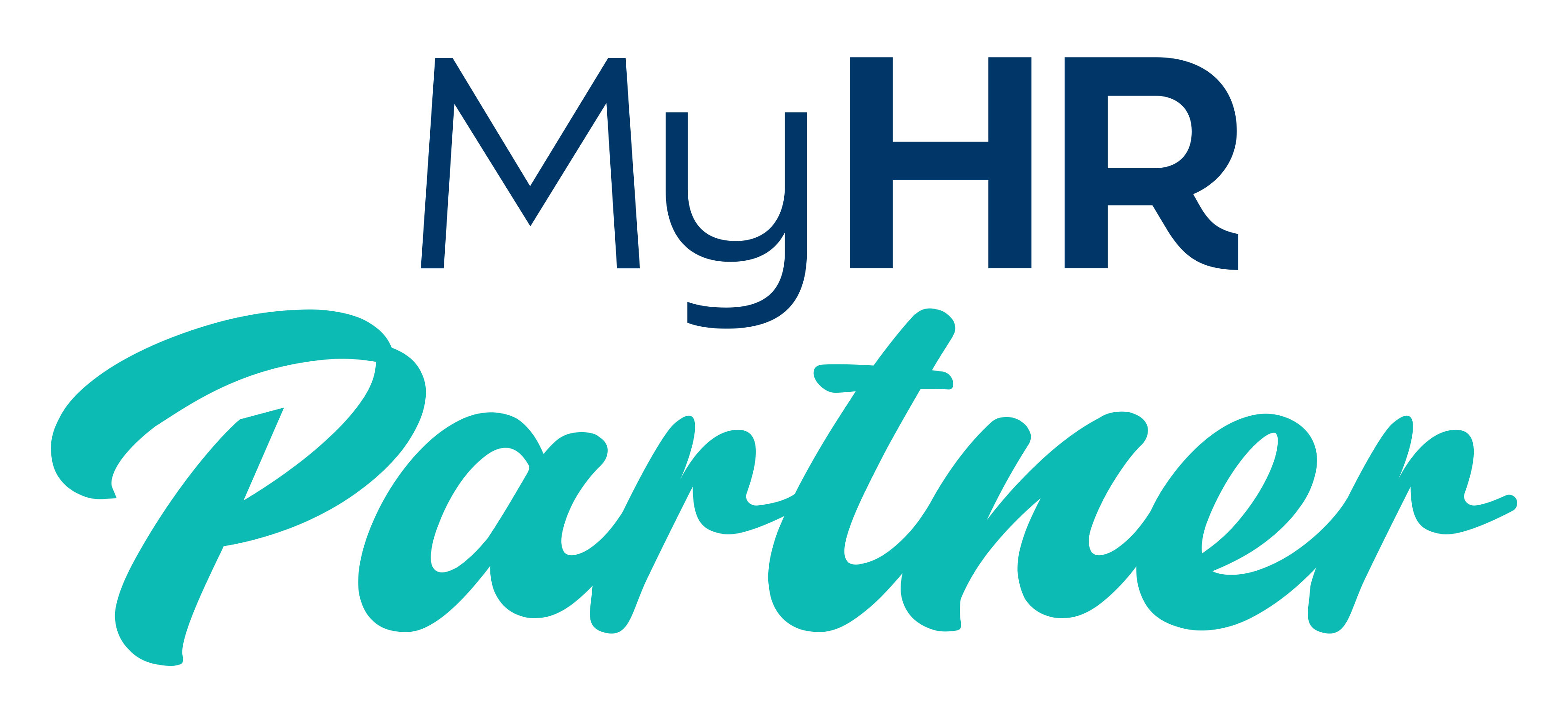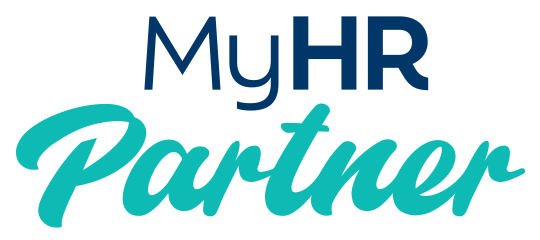Unlocking the Power of Human Resources: Welcome to Our Blog!
Discover HR updates, the latest trends, best practices, and innovative strategies shaping the world of Human Resources in Australia. From talent acquisition to employee engagement, we delve into the intricacies of HR management to empower organisations.
Let's navigate the dynamic landscape of HR together.

Podcast Episode 15: Flexible Working Arrangements
Why Flexible Work Arrangements Are Essential for Modern Businesses
Today, we’re delving into a topic that’s become increasingly relevant in today’s workplace—implementing flexible work arrangements.
The Rise of Flexible Work Arrangements
Especially since COVID-19, flexible work arrangements have become a significant consideration for employees and employers. As we all strive for a better work-life balance, flexibility can be a win-win for both companies and their teams. So, let’s explore how you can make your workplace more adaptable, supportive, and ultimately more productive.
Understanding Flexible Work Arrangements
Flexible work arrangements can be divided into two main categories: Right to Request Flexible Work Arrangements & Business-Driven Flexible Work Arrangements.
Right to Request Flexible Work Arrangements:
Certain employees have the right to request flexible working arrangements, including:
Parents with school-aged or younger children
Carers as defined by the act
People over 55
Individuals experiencing family and domestic violence or caring for someone who is a victim of such violence
Employers must accommodate these requests to the best of their ability. This might involve altering work hours, such as a temporary reduction in hours, or changing start and finish times to accommodate childcare arrangements. Requests should be made in writing, and employers must respond within 21 days.
Business-Driven Flexible Work Arrangements:
These are initiated by the business itself and could apply to all or some employees. Common examples include:
Implementing a four-day work week
Allowing employees to work from home
If you’re an employer and receive a request for flexible working arrangements, you should try to accommodate it unless it’s impractical for your business.
Practical Applications and Benefits
Flexible work arrangements aren’t just about meeting legal requirements; they’re also about enhancing employee satisfaction and retention. For instance:
Work-from-home options: Many people became accustomed to working from home during COVID-19 and prefer to continue. If it doesn’t affect productivity, why not allow it?
Four-day work week: Some businesses have adopted this model, finding that productivity remains the same or even improves. There are different options for a four-day work week, some businesses just divide the 38 hours for a week by 4 and work 9.5 hours x 4 days per week. Others are paying the same weekly/annual salary but reducing the hours they expect the employees to work.
Adjusting work hours: Allowing employees to start early or finish late can help those with childcare responsibilities or other personal commitments.
Challenges and Considerations
Of course, flexible work arrangements aren’t feasible for all roles. For example, tradespeople on a construction site or restaurant staff can’t work from home. However, there may still be ways to offer flexibility, such as adjusting shifts or allowing part-time hours if this is practical.
Communication is Key
Effective communication is crucial in managing flexible work arrangements. If you can’t accommodate a request, explain why. Hold a meeting to discuss possible compromises. This approach ensures that even if an employee’s request can’t be fully met, they feel heard and valued.
The Future of Flexible Work Arrangements
Flexible work arrangements are more than a new trend; they’re the future of employment. Employers who adapt and offer flexibility where possible will benefit from happier, more productive employees in their teams. Whether it’s a temporary adjustment for a new parent or a permanent shift to reduced hours, varied hour or remote work, flexibility can help retain top talent and enhance business outcomes.
For business owners, embracing flexibility in the workplace is essential. If you can accommodate your employees’ needs while maintaining productivity, there’s no reason not to. Happy employees are more productive and loyal, which benefits your bottom line.
If you have any HR concerns or need advice on implementing flexible work arrangements, visit our website at www.myhrp.com.au. We offer various packages to suit businesses of all sizes, helping you focus on running your business while we handle the HR.
Listen to the podcast here: https://myhrp.com.au/podcast-episode-15
Our Latest Blog Post

Podcast Episode 15: Flexible Working Arrangements
Why Flexible Work Arrangements Are Essential for Modern Businesses
Today, we’re delving into a topic that’s become increasingly relevant in today’s workplace—implementing flexible work arrangements.
The Rise of Flexible Work Arrangements
Especially since COVID-19, flexible work arrangements have become a significant consideration for employees and employers. As we all strive for a better work-life balance, flexibility can be a win-win for both companies and their teams. So, let’s explore how you can make your workplace more adaptable, supportive, and ultimately more productive.
Understanding Flexible Work Arrangements
Flexible work arrangements can be divided into two main categories: Right to Request Flexible Work Arrangements & Business-Driven Flexible Work Arrangements.
Right to Request Flexible Work Arrangements:
Certain employees have the right to request flexible working arrangements, including:
Parents with school-aged or younger children
Carers as defined by the act
People over 55
Individuals experiencing family and domestic violence or caring for someone who is a victim of such violence
Employers must accommodate these requests to the best of their ability. This might involve altering work hours, such as a temporary reduction in hours, or changing start and finish times to accommodate childcare arrangements. Requests should be made in writing, and employers must respond within 21 days.
Business-Driven Flexible Work Arrangements:
These are initiated by the business itself and could apply to all or some employees. Common examples include:
Implementing a four-day work week
Allowing employees to work from home
If you’re an employer and receive a request for flexible working arrangements, you should try to accommodate it unless it’s impractical for your business.
Practical Applications and Benefits
Flexible work arrangements aren’t just about meeting legal requirements; they’re also about enhancing employee satisfaction and retention. For instance:
Work-from-home options: Many people became accustomed to working from home during COVID-19 and prefer to continue. If it doesn’t affect productivity, why not allow it?
Four-day work week: Some businesses have adopted this model, finding that productivity remains the same or even improves. There are different options for a four-day work week, some businesses just divide the 38 hours for a week by 4 and work 9.5 hours x 4 days per week. Others are paying the same weekly/annual salary but reducing the hours they expect the employees to work.
Adjusting work hours: Allowing employees to start early or finish late can help those with childcare responsibilities or other personal commitments.
Challenges and Considerations
Of course, flexible work arrangements aren’t feasible for all roles. For example, tradespeople on a construction site or restaurant staff can’t work from home. However, there may still be ways to offer flexibility, such as adjusting shifts or allowing part-time hours if this is practical.
Communication is Key
Effective communication is crucial in managing flexible work arrangements. If you can’t accommodate a request, explain why. Hold a meeting to discuss possible compromises. This approach ensures that even if an employee’s request can’t be fully met, they feel heard and valued.
The Future of Flexible Work Arrangements
Flexible work arrangements are more than a new trend; they’re the future of employment. Employers who adapt and offer flexibility where possible will benefit from happier, more productive employees in their teams. Whether it’s a temporary adjustment for a new parent or a permanent shift to reduced hours, varied hour or remote work, flexibility can help retain top talent and enhance business outcomes.
For business owners, embracing flexibility in the workplace is essential. If you can accommodate your employees’ needs while maintaining productivity, there’s no reason not to. Happy employees are more productive and loyal, which benefits your bottom line.
If you have any HR concerns or need advice on implementing flexible work arrangements, visit our website at www.myhrp.com.au. We offer various packages to suit businesses of all sizes, helping you focus on running your business while we handle the HR.
Listen to the podcast here: https://myhrp.com.au/podcast-episode-15
We provide HR advice and support. We have trusted partners to assist with any employment law issues
outside of our scope.
More info
Suite 17, 741-743 Lawrence Hargrave Drive, Coledale NSW 2515
Suite 4, 133 Wharf Street, Tweed Heads NSW 2485
ABN 30 644 527 015

Get HR Advice from our HR expert
Our Latest Blog Post

Podcast Episode 15: Flexible Working Arrangements
Why Flexible Work Arrangements Are Essential for Modern Businesses
Today, we’re delving into a topic that’s become increasingly relevant in today’s workplace—implementing flexible work arrangements.
The Rise of Flexible Work Arrangements
Especially since COVID-19, flexible work arrangements have become a significant consideration for employees and employers. As we all strive for a better work-life balance, flexibility can be a win-win for both companies and their teams. So, let’s explore how you can make your workplace more adaptable, supportive, and ultimately more productive.
Understanding Flexible Work Arrangements
Flexible work arrangements can be divided into two main categories: Right to Request Flexible Work Arrangements & Business-Driven Flexible Work Arrangements.
Right to Request Flexible Work Arrangements:
Certain employees have the right to request flexible working arrangements, including:
Parents with school-aged or younger children
Carers as defined by the act
People over 55
Individuals experiencing family and domestic violence or caring for someone who is a victim of such violence
Employers must accommodate these requests to the best of their ability. This might involve altering work hours, such as a temporary reduction in hours, or changing start and finish times to accommodate childcare arrangements. Requests should be made in writing, and employers must respond within 21 days.
Business-Driven Flexible Work Arrangements:
These are initiated by the business itself and could apply to all or some employees. Common examples include:
Implementing a four-day work week
Allowing employees to work from home
If you’re an employer and receive a request for flexible working arrangements, you should try to accommodate it unless it’s impractical for your business.
Practical Applications and Benefits
Flexible work arrangements aren’t just about meeting legal requirements; they’re also about enhancing employee satisfaction and retention. For instance:
Work-from-home options: Many people became accustomed to working from home during COVID-19 and prefer to continue. If it doesn’t affect productivity, why not allow it?
Four-day work week: Some businesses have adopted this model, finding that productivity remains the same or even improves. There are different options for a four-day work week, some businesses just divide the 38 hours for a week by 4 and work 9.5 hours x 4 days per week. Others are paying the same weekly/annual salary but reducing the hours they expect the employees to work.
Adjusting work hours: Allowing employees to start early or finish late can help those with childcare responsibilities or other personal commitments.
Challenges and Considerations
Of course, flexible work arrangements aren’t feasible for all roles. For example, tradespeople on a construction site or restaurant staff can’t work from home. However, there may still be ways to offer flexibility, such as adjusting shifts or allowing part-time hours if this is practical.
Communication is Key
Effective communication is crucial in managing flexible work arrangements. If you can’t accommodate a request, explain why. Hold a meeting to discuss possible compromises. This approach ensures that even if an employee’s request can’t be fully met, they feel heard and valued.
The Future of Flexible Work Arrangements
Flexible work arrangements are more than a new trend; they’re the future of employment. Employers who adapt and offer flexibility where possible will benefit from happier, more productive employees in their teams. Whether it’s a temporary adjustment for a new parent or a permanent shift to reduced hours, varied hour or remote work, flexibility can help retain top talent and enhance business outcomes.
For business owners, embracing flexibility in the workplace is essential. If you can accommodate your employees’ needs while maintaining productivity, there’s no reason not to. Happy employees are more productive and loyal, which benefits your bottom line.
If you have any HR concerns or need advice on implementing flexible work arrangements, visit our website at www.myhrp.com.au. We offer various packages to suit businesses of all sizes, helping you focus on running your business while we handle the HR.
Listen to the podcast here: https://myhrp.com.au/podcast-episode-15
We provide HR advice and support.
We have trusted partners to assist with
any employment law issues outside
of our scope.
More info
PO Box 1079
Coolangatta QLD 4225
ABN 30 644 527 015
Get HR Advice from our HR expert








